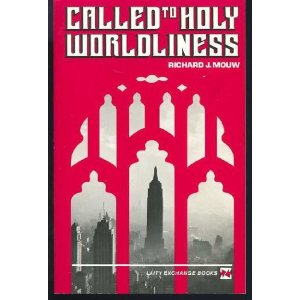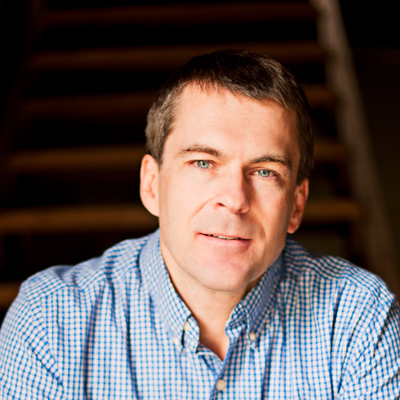
Several years ago, an itinerant evangelist passing through Ithaca advertised a revival meeting that invited guests to “repent from worldliness.” Why would one wish to do that, a friend asked me–doesn’t worldliness mean traveling and getting exposure to other cultures? How can that be bad?
The word worldly, I attempted to explain, means profane, materialistic, irreligious. “Well,” my interlocutor responded, “that’s not what it ought to mean.”
What I wish I had understood better at the time is the full range of meanings of the word world in Scripture. To be sure, it is sometimes used negatively (“love not the world” 1 Jn 2:15; and “friendship with the world means enmity against God” James 4:4). But it is also used neutrally (“go into all the world” Mk 16:15) and even positively (“for God so loved the world” Jn 3:16). Simply put, world is a complicated word.
Thinking too exclusively of worldly as irreligious has led some Christians to become overly ‘otherworldly’ in their orientation, as evidenced by a narrow understanding of evangelism as ‘saving souls.’ A robust theology of creation, by contrast, affirms the goodness of God’s world and (this is one of our main themes at Chesterton House) our work in the world.
This is an argument that theologian Richard Mouw has been making for over 30 years. Beginning with works such as Political Evangelism (Eerdmans, 1973), Holy Worldliness (Fortress, 1980), and When the Kings Come Marching In (Eerdmans, 1983), Mouw has maintained that the biblical mandate to “fill the earth” (Gen 1:28) refers not only to procreation but also to cultural activity. And not just to cultural activity in the narrow sense of art and literature, but to the broad array of patterns and processes that constitute our social, political, and economic life. We fill the earth in part by establishing just legislation, building sturdy bridges, and reading riveting bedtime stories. We fill the earth also through teaching, research, and other means of faithfully inhabiting academic disciplines and institutions.
Mouw’s theology of culture is grounded not only in creation but also in redemption. In his view, redemption is a renewal of creation (Col 1:19-20). Take, for example, his discussion of the ships of Tarshish. In Isaiah 2, the ships of Tarshish are listed among the sources of pagan pride that will occasion the judgment of God. And yet in Isaiah 60, a vision of the New Jerusalem, there they are again. Why? The judgment of these artifacts, Mouw suggests, is purifying–“more like the breaking of a horse rather than the breaking of a vase. The judgment here is meant to tame, not destroy.” The ships’ former function will be destroyed, but the ships themselves will be recommissioned to the glory of God.
That this vision of heaven includes not only souls but also “stuff” has implications for our present lives. “If God has not given up on human culture,” Mouw says, “then neither must we.” Moreover, because sin is cosmic in scope, so too is redemption. Sin disorders the natural environment, relations among races, and human institutions, and so our work in the world includes creation care, racial reconciliation, and justice work. “Jesus Christ [came] to save sinners. But He also came to reclaim a larger creation that has suffered because of human’s sinfulness.” In this view, creation and re-creation are part of one cosmic work.
Mouw’s contribution to American evangelical social thought and practice has inspired a generation of students and scholars to take cultural life more seriously. That is not to say he advocates simple activism or cultural immersion. Although he speaks of persons as “agents of the full redemption that Christ came to accomplish,” he adds that we are not the builders the Holy City. “The Holy City ‘comes down out of heaven from God’ (Rev 21:2); the Lord is its ‘builder and maker’ (Heb 11:10).” Seeking to steer a biblical course between activism and quietism, Mouw advocates the biblical ideal of seeking the welfare of the city (Jer 29:7).
Are we called to repent from worldliness? By all means. But at the same time, we are called to “holy worldliness.”


